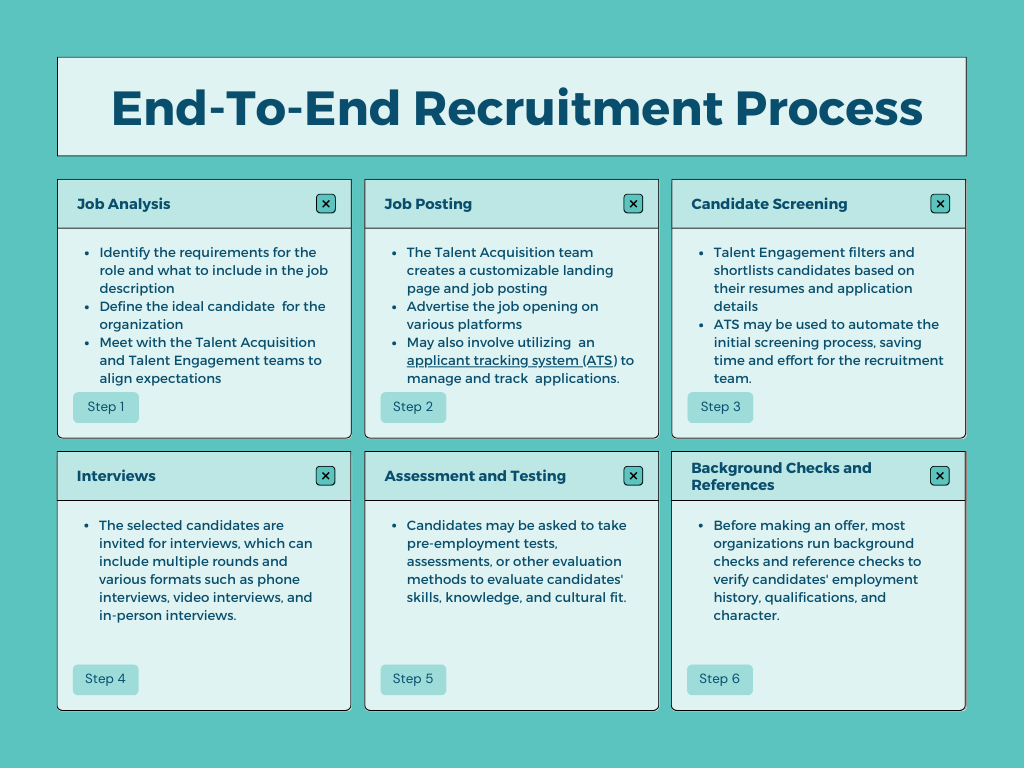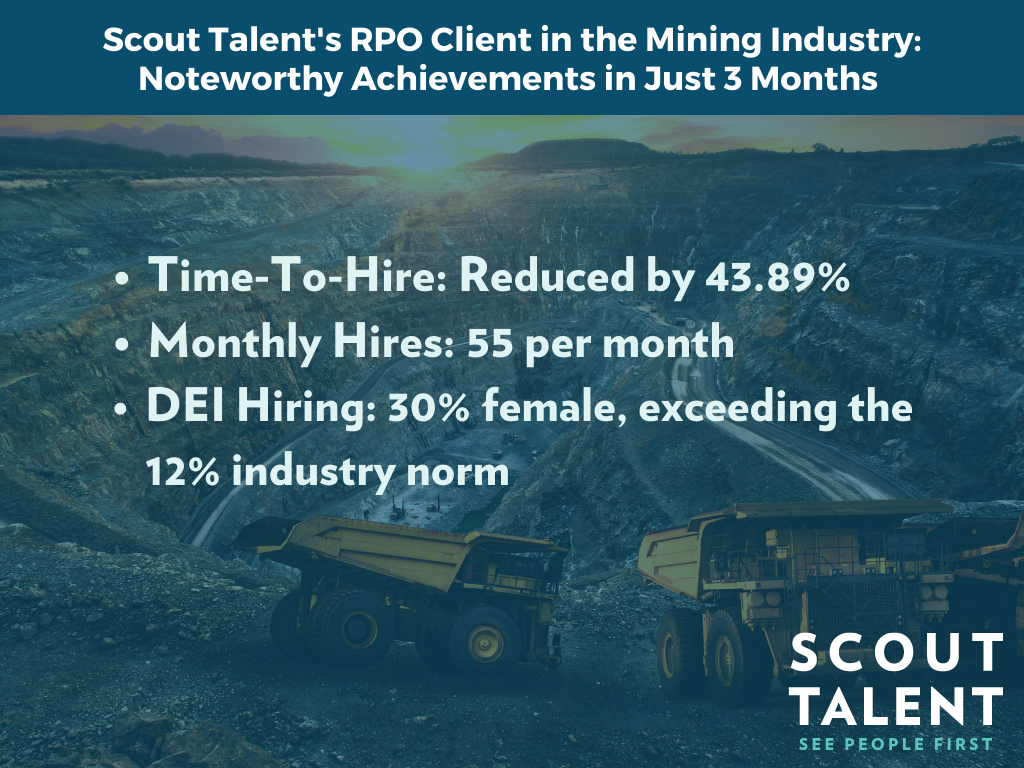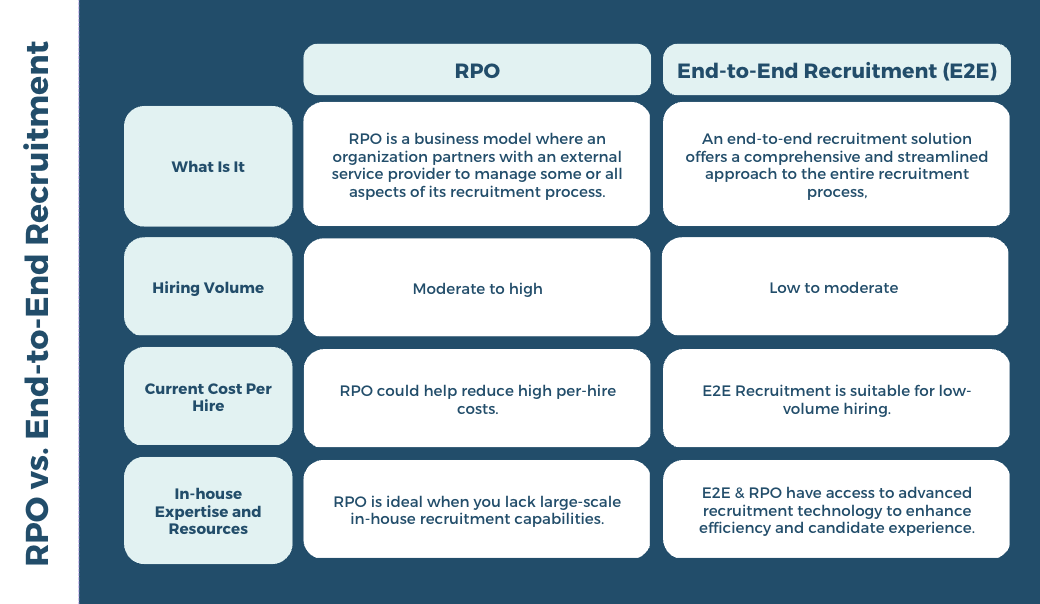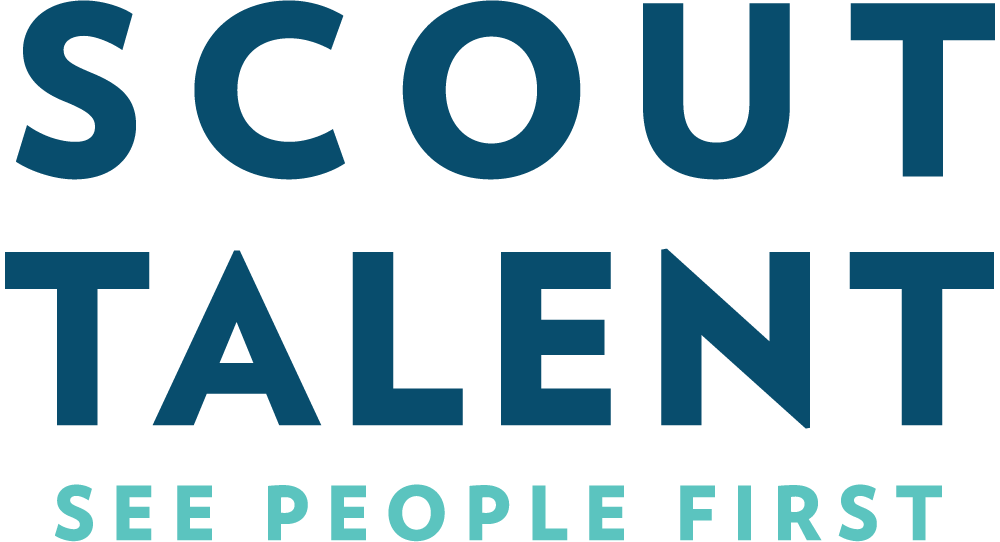Hiring can be a time-consuming and complex process, requiring expertise, resources, and a deep understanding of the talent market. According to a Monster global report, 9 out of 10 employers are struggling to fill jobs, with 29% of employers agreeing that the skills gap has increased year on year. Getting external help can save you time and help achieve your recruitment goals faster. There are many choices out there, but when it comes to deciding whether to get an end-to-end recruitment solution or engage in Recruitment Process Outsourcing (RPO), it really depends on your specific needs, resources, and objectives. Whether you’re seeking specialized skill, scalability, cost control, or customization, we’ll shed light on a few key factors to consider and hopefully make the decision-making process that much easier for you.
Let’s explore both recruitment solutions and discover the best path forward for your hiring success.
Why Choose an End-to-End Recruitment Solution
An end-to-end recruitment solution offers a comprehensive and streamlined approach to the entire recruitment process, from attracting candidates to interviewing and screening. Investing in such a solution can bring several benefits for organizations, making the recruitment process more efficient and effective.
From posting job vacancies, screening, and interviewing to hiring the right candidates, end-to-end recruiters take everything off your plate. This process normally entails bringing two different teams together – Talent Acquisition/Recruitment Marketing and Talent Engagement. Talent Acquisition specialists are responsible for creating job postings and advertising them, while Talent Engagement experts come in later in the process to screen, shortlist and interview the top candidates.
End-to-end recruitment also involves utilizing great tools such as recruitment technology, ATS, and streamlined processes to efficiently handle every stage of recruitment.
An end-to-end recruitment process typically includes the following:

An end-to-end recruitment solution aims to streamline and automate these steps, making the process more efficient, and cost-effective, and ensuring a higher likelihood of finding the right candidate for the job. As mentioned above, it often involves the use of data analytics, and applicant tracking systems to manage the recruitment process more effectively. Additionally, some solutions may include AI-powered tools to assist with resume screening, candidate matching, and interview scheduling.
Benefits of Having an End-to-End Recruitment Solution
- Time and Cost Efficiency: An end-to-end recruitment solution automates various aspects of the recruitment process, such as candidate sourcing, resume screening, interview scheduling, and onboarding. This automation can significantly reduce the time and effort spent on manual tasks, leading to cost savings in the long run.
- Improved Candidate Experience: A seamless and user-friendly recruitment process can enhance the overall candidate experience. An end-to-end solution can provide quick responses to applicants, personalized communications, and an easy-to-navigate application process, leading to higher candidate satisfaction and a positive employer brand image.
- Better Candidate Matching: These solutions can come with sophisticated applicant tracking systems (ATS) and candidate screening tools that can help identify the most suitable candidates based on predefined criteria and qualifications. This improves the chances of finding the right candidate for the job.
- Enhanced Collaboration: End-to-end recruitment solutions often come with features that enable better collaboration among hiring teams and departments. This promotes better communication, feedback sharing, and evaluation of candidates, ensuring that the hiring process is more inclusive and data-driven.
- Data-Driven Insights: By integrating various aspects of the recruitment process into one platform, an end-to-end solution can generate valuable data and analytics. Internal HR teams can use this data to gain insights into the efficiency of the recruitment process, identify bottlenecks, and make data-driven decisions to optimize their hiring strategies.
- Compliance and Security: A robust end-to-end recruitment solution can help organizations maintain compliance with hiring regulations and ensure data security throughout the recruitment process. This is particularly important in handling sensitive candidate information.
- Scalability: As your organization grows, the volume of hiring and recruitment tasks may increase significantly. An end-to-end solution can scale to accommodate your needs, ensuring that you can handle high volumes of candidates without sacrificing quality and efficiency.
- Integration with HR Systems: Many end-to-end recruitment solutions can seamlessly integrate with other HR systems, such as payroll, employee management, and performance tracking tools. This integration simplifies data management and creates a unified HR ecosystem.
- Continuous Improvement: With the help of data and analytics provided by the solution, you can continuously improve your recruitment process, identifying areas for enhancement and making data-backed decisions to optimize your hiring strategy.
In summary, an end-to-end recruitment solution can save time, reduce costs, improve candidate experience, and provide valuable data-driven insights for better decision-making. However, it’s essential to carefully evaluate different hiring solutions to ensure they align with your organization’s specific needs and objectives before making a decision.
Now, let’s dive into the world of RPO and find out why you should consider engaging with them to streamline your recruitment process. Shall we?
Why choose Recruitment Process Outsourcing (RPO)
RPO stands for Recruitment Process Outsourcing, and it is a business model where an organization partners with an external service provider to manage some or all aspects of its recruitment process. RPO providers act as an extension of the organization’s HR or talent acquisition department and handle various recruitment activities, including sourcing candidates, screening resumes, conducting interviews, and managing the hiring process. Consider the information below in order to understand more about RPO.
- Scalability: RPO is ideal for companies with significant and ongoing hiring needs. It allows you to outsource some or all of your recruitment functions to a specialized provider, who can handle large-scale recruitment efforts.
- Efficiency: RPO providers come equipped with dedicated resources and technology to streamline your recruitment process, improving efficiency and reducing time-to-fill.
- Cost Control: RPO can lead to cost savings by eliminating the need for an in-house recruitment team and leveraging the RPO provider’s expertise and economies of scale.
- Customization: RPO solutions can be tailored to align with your organization’s specific requirements, ensuring a customized approach to your recruitment needs.
Hiring with Recruitment Process Outsourcing
RPO services can be customized to fit the specific needs of an organization. In some cases, an RPO provider may handle the entire recruitment process from start to finish, while in others, they may focus on specific stages or tasks within the process.

The key objective of RPO is to increase the efficiency and effectiveness of the recruitment process, leading to improved quality of hires, reduced time-to-fill vacancies, and cost savings. RPO providers bring expertise in recruitment strategies, software and technology tools, and talent acquisition best practices. They often have access to extensive candidate databases, job boards, and networks, allowing them to attract a larger pool of qualified candidates.
By outsourcing recruitment processes to an RPO provider, organizations can benefit from increased scalability, flexibility, and cost optimization. RPO can be particularly advantageous for organizations experiencing rapid growth, undergoing restructuring, or facing challenges in attracting and retaining top talent. It allows internal HR teams to focus on strategic initiatives while leveraging the specialized skills and resources of the RPO provider to handle day-to-day recruitment tasks.
Benefits of hiring a Recruitment Process Outsourcing provider
- Recruitment Expertise: RPO providers are specialized in recruitment and have extensive knowledge and experience in sourcing, screening, and hiring candidates. They have access to a wide range of recruitment tools, ATS, and job boards, allowing them to attract top talent more effectively. Additionally, RPO services can be scaled up or down based on your organization’s hiring needs, providing flexibility during periods of growth or contraction.
- Cost Efficiency: RPO can help you reduce recruitment costs in several ways. By outsourcing the recruitment process, you can eliminate or reduce internal recruitment staff, saving on salaries, benefits, and overhead expenses. RPO providers often have established relationships with job boards and other recruitment channels, enabling them to negotiate better rates for advertising job openings. They can also optimize the hiring process, reducing time-to-fill and minimizing the costs associated with vacant positions.
- Time Savings: Recruiting can be a time-consuming process that involves various activities, such as job posting, candidate sourcing, resume screening, interviewing, and background checks. RPO providers handle these tasks on your behalf, freeing up your internal HR team to focus on more strategic initiatives. They can streamline the recruitment process, leveraging technology and best practices to identify and engage with qualified candidates efficiently.
- Quality of Hire: RPO providers are dedicated to finding the best-fit candidates for your organization. They employ rigorous screening and assessment techniques to evaluate candidates’ skills, experience, and cultural fit. By leveraging their expertise and access to a broader talent pool, RPO providers can improve the quality of your hires, leading to better long-term employee retention and performance.
- Employer Branding: RPO providers can help enhance your organization’s employer brand by effectively communicating your value proposition to candidates. They understand the importance of creating a positive candidate experience and can tailor recruitment strategies and processes accordingly. This focus on employer branding can attract high-quality candidates and improve your organization’s reputation in the job market.
- Compliance and Risk Management: RPO providers stay updated on employment laws, regulations, and compliance requirements. They ensure that your recruitment practices align with legal standards and help mitigate potential risks associated with the hiring process. This can help protect your organization from legal issues and reputational damage.
Overall, hiring an RPO can provide your organization with a more efficient, cost-effective, and strategic approach to recruitment. It allows you to leverage external expertise, optimize your hiring processes, and focus on core business objectives while accessing top talent. However, it’s important to carefully evaluate potential RPO providers to ensure they align with your organization’s needs and values.
Facts to consider before making a decision
When making a decision between an end-to-end recruitment solution and RPO, consider the following:

Ultimately, it’s advisable to assess your unique hiring needs, budget constraints, and internal capabilities to decide whether end-to-end recruitment or RPO is the better fit for your organization. While end-to-end recruitment is engaged to fill specific job vacancies, RPO providers offer more comprehensive recruitment solutions and often work strategically with organizations on a broader scale, functioning as an extension of their HR department.
If you’re still unsure about which option to choose, get in touch and one of our experts will assess your situation and advise on the best path. At Scout Talent, we offer a variety of recruitment solutions, from end-to-end recruitment solutions to employer branding and RPO. Contact us today to hire for that challenging position or build your team from scratch.












